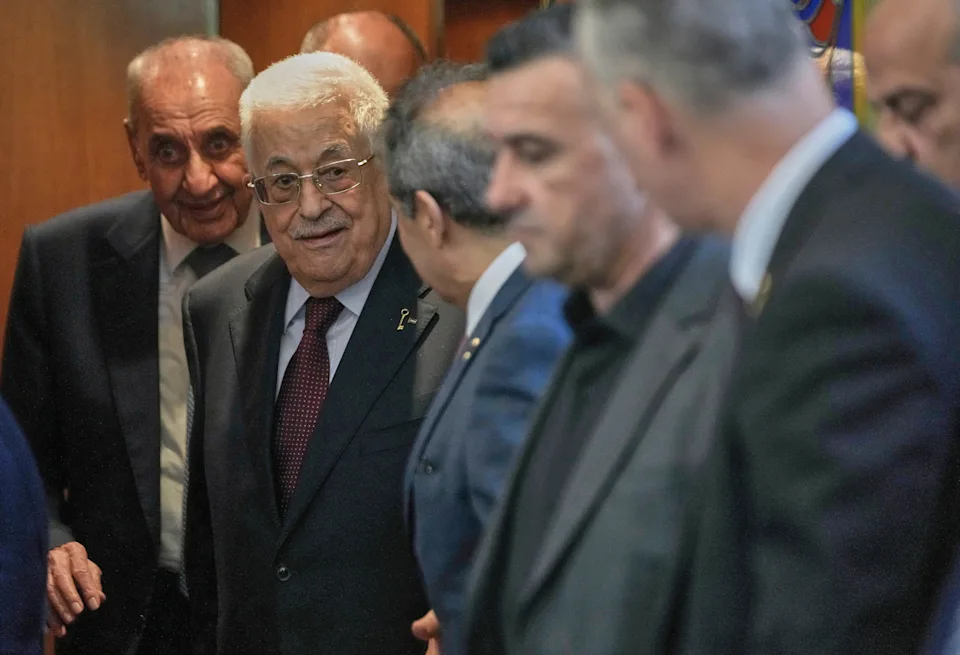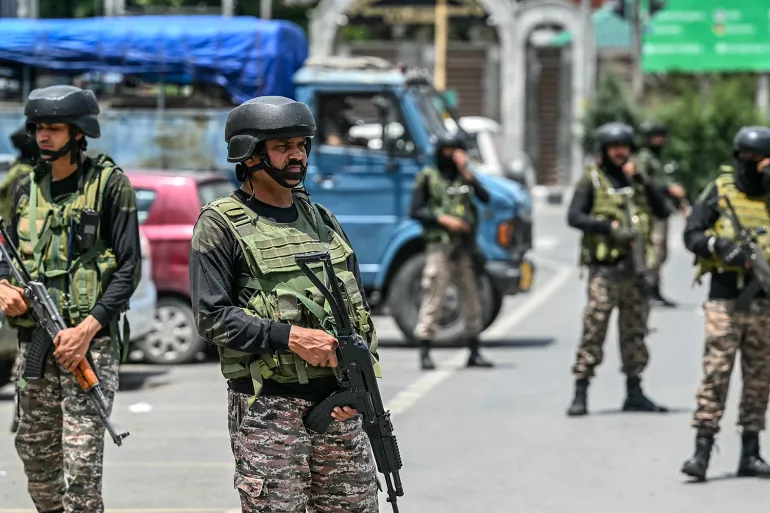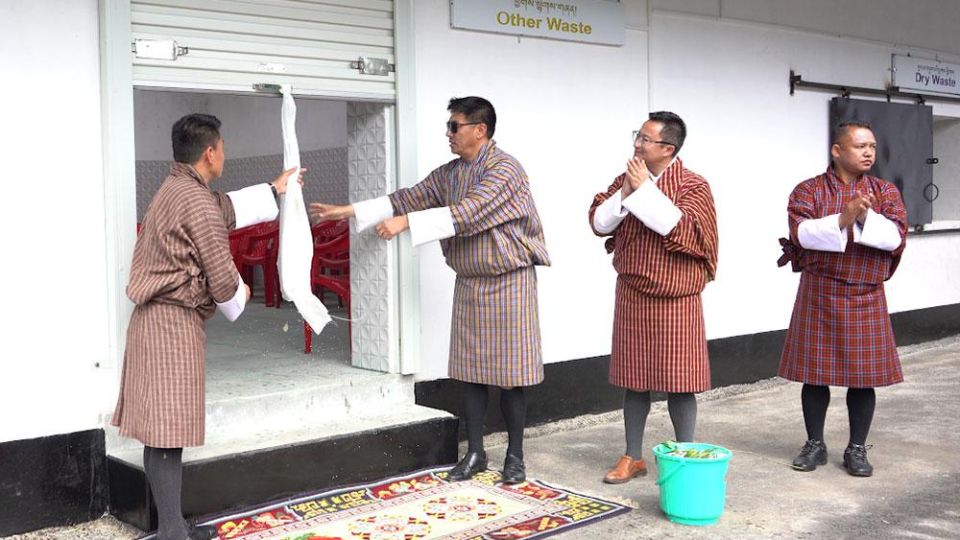Lebanon has officially launched a plan to disarm Palestinian factions operating within its refugee camps, in a move aimed at restoring stability and strengthening the rule of law amid growing internal and regional security concerns.
The initiative, announced on Saturday, comes after years of intermittent violence and lawlessness in Palestinian refugee camps, particularly Ain al-Hilweh in southern Lebanon, which has been the site of frequent armed clashes between rival factions. Lebanese officials say the plan was developed in coordination with major Palestinian political groups, including Fatah, Hamas, and Islamic Jihad.
Interior Minister Bassam Mawlawi said the government is committed to “ending the presence of weapons outside the control of the state,” describing the disarmament campaign as a “necessary step to protect both Lebanese and Palestinian communities.”
The disarmament process will be phased and cooperative, starting with the collection of illegal weapons and the dismantling of armed outposts inside the camps. Joint committees comprising Lebanese security agencies and Palestinian representatives have been formed to oversee implementation and ensure transparency.
For decades, Lebanon’s Palestinian refugee camps have operated as semi-autonomous zones where the Lebanese army does not enter, following a 1969 agreement. This has allowed armed factions to entrench themselves, turning the camps into zones of chronic insecurity. The most recent fighting in Ain al-Hilweh left over a dozen people dead and displaced hundreds.
Palestinian officials in Lebanon have voiced cautious support for the plan. A spokesperson for the Palestinian embassy in Beirut said the initiative would “bring stability and end the suffering of refugees who want peace, not war.” The UN Relief and Works Agency (UNRWA) also welcomed the move, urging all sides to prioritize the safety and dignity of civilians living in the camps.
However, concerns remain. Analysts warn that the plan could face resistance from hardline groups who view their weapons as essential for defense and political leverage. There are also fears that external actors, such as regional militias or foreign intelligence services, could attempt to sabotage the effort to maintain influence within the camps.
Lebanon hosts around 400,000 registered Palestinian refugees, most of whom live in poor conditions with limited access to employment, healthcare, or political rights. The disarmament plan is part of a broader strategy by the Lebanese government to improve security and potentially integrate the camps more closely into national governance structures.
Prime Minister Najib Mikati emphasized that disarmament would not be used to marginalize Palestinians but to foster cooperation. “This is a message of peace, not exclusion,” he said.
International stakeholders, including the European Union and United Nations, are reportedly monitoring the process and may offer technical and logistical support. Success will likely depend on sustained political will, funding, and community engagement.
If fully implemented, the plan could mark a turning point in Palestinian-Lebanese relations and set a precedent for demilitarizing refugee communities elsewhere in the region. But for now, much hinges on whether the fragile trust between factions and state authorities can hold under the weight of history and present-day pressures.
Source: Yahoo News



